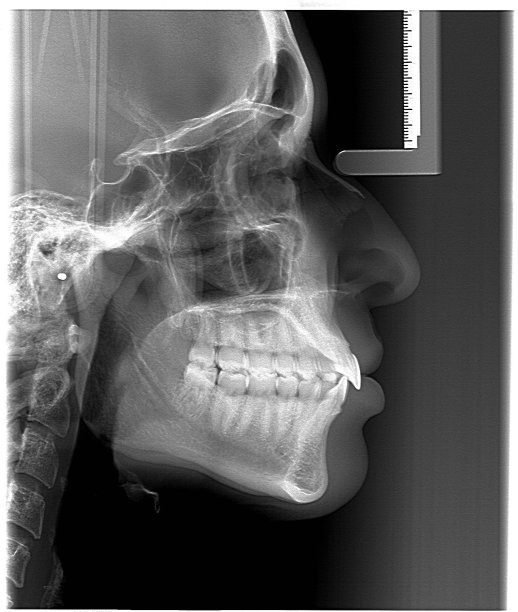Essential Guidelines and Precautions to Ensure Successful Root Canal Treatment for Dental Health Preservation
Summary: Root canal treatment is a crucial procedure aimed at saving infected or damaged teeth, thus preserving dental health. This article outlines essential guidelines and precautions that both dental professionals and patients should adhere to before, during, and after the procedure. By understanding the steps involved—from proper diagnosis to aftercare—patients can enhance the likelihood of a successful treatment, mitigate discomfort, and maintain their oral wellbeing. Delving into four key aspects—effective communication with your dentist, pre-treatment assessments, maintaining hygiene standards, and post-treatment care—this article serves as a comprehensive guide to ensure that root canal therapy is a positive experience, leading to improved dental health.
1. Effective Communication with Your Dentist

Open communication is vital in fostering a successful root canal treatment. Before beginning the procedure, discuss any concerns or anxieties you may have with your dentist. This will help the dentist tailor the treatment approach to suit your specific needs.
Additionally, provide a thorough medical history, including any medications you are taking and any allergies you may have. An informed dentist can better prepare for potential complications and ensure that the treatment proceeds smoothly.
Moreover, dont hesitate to ask questions regarding the procedure. Understanding what to expect can alleviate fears and help set realistic expectations, ultimately enhancing your overall experience and satisfaction with the treatment.
2. Importance of Pre-Treatment Assessments
Pre-treatment assessments, including diagnostic imaging, are essential for successful root canal procedures. Radiographs help the dentist evaluate the extent of infection and assess the shape of the root canals. This information is critical for planning the most effective treatment.
Moreover, your dentist may perform a thorough examination to determine if any other dental issues may impact the treatment. Addressing issues such as gum disease or ill-fitting crowns beforehand can prevent complications during the root canal procedure.
These assessments not only provide thorough insight into the affected tooth but also guide the treatment plan, ensuring that the dentist is well-equipped to handle any challenges that may arise during the procedure.
3. Maintaining Hygiene Standards During Treatment
Hygiene is paramount during root canal treatment. Dentists must adhere to strict infection control protocols to ensure a sterile environment. This includes sanitizing all tools, using sterilized gloves, and maintaining a clean workspace to avoid any risk of infection.
Patients can also play a role in hygiene by ensuring their oral health is maintained leading up to the treatment. Regular brushing, flossing, and avoiding sugary foods can minimize the risk of further decay and complications during the procedure.
Moreover, it is advisable for patients to refrain from using tobacco or alcohol before and after treatment, as these substances can hinder healing and contribute to complications. Good oral hygiene practices contribute significantly to the success of root canal therapy.
4. Importance of Post-Treatment Care
Following root canal treatment, proper aftercare is crucial for healing and ensuring that the procedure is successful. Dentists often provide specific instructions, such as pain management and dietary restrictions, which patients should strictly follow.
Resting the treated area and minimizing physical activity in the days following the procedure can help reduce discomfort and promote healing. Over-the-counter pain relievers may be recommended, but be sure to consult your dentist if pain persists beyond what is expected.
Additionally, scheduling follow-up appointments is critical to monitor the tooth’s healing process. During these visits, your dentist will assess the success of the treatment and ensure there are no complications, thereby solidifying the health of your dental structure.
Summary:
In conclusion, root canal treatment can be a successful avenue for preserving dental health when both patients and dentists follow the essential guidelines and precautions outlined. Effective communication, thorough pre-treatment assessments, strict hygiene standards, and diligent post-treatment care can significantly influence the outcome of the procedure.
This article is compiled by Vickong Dental and the content is for reference only.



